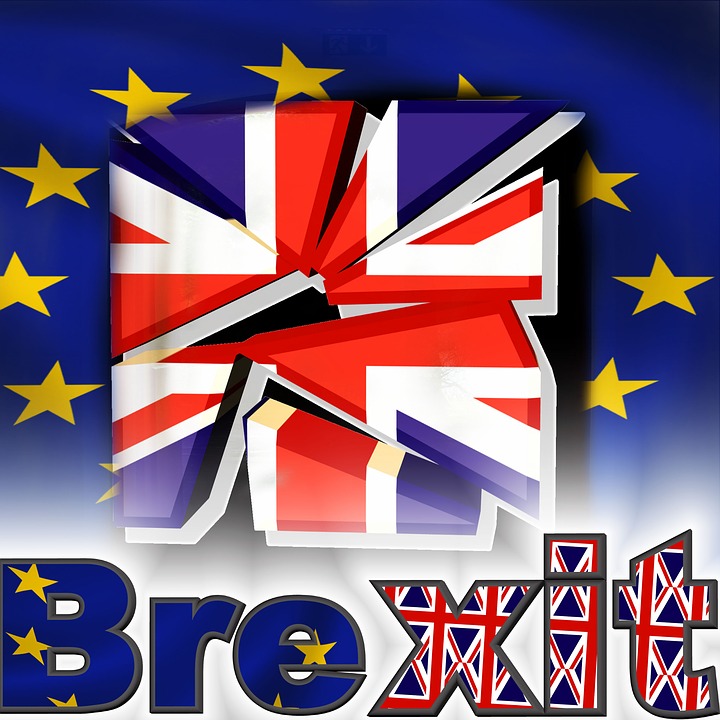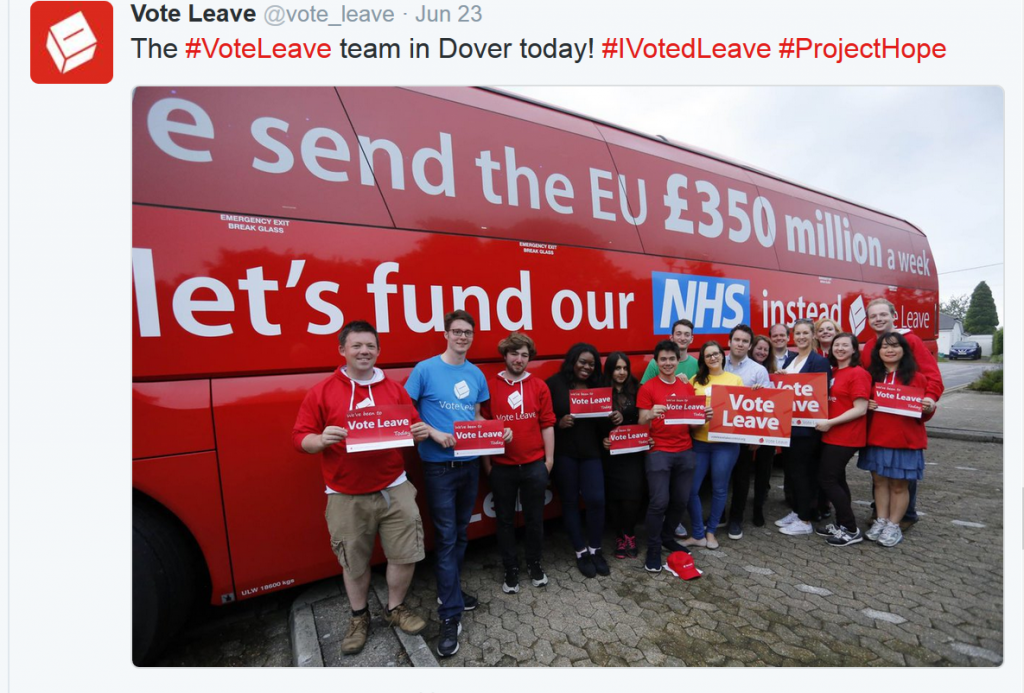Facebook and Twitter were awash with shares, Likes, tweets and RTs about the UK’s EU referendum in the run up to the vote. In fact there were nearly 6 million social interactions with the official social pages for the Vote Leave and Britain Stronger in Europe campaigns in the 30 days prior to the big day. So was all this social sharing and interaction useful? Did it inform people’s understanding? Or just add to everyone’s confusion?
I took another look at the results of the online poll of 1000 people that I conducted on voting day to see what I could glean.
Overall the research suggests that one out of four (26%) adults in the UK used social media to share and find information about the issues relating to the referendum ahead of the vote. You’d think (and hope) that this would have had some positive impact. After all, the more information you’re exposed to, the better your grasp of the arguments on both sides, right? And the more chance you’ll make a smart, informed, rational decision in the end…
On the face of it, the results seem to back this up. Because 24% of the whole sample agreed that the info they saw on social media helped them understand and make sense of the issues. Interestingly, research indicates that when people share material on social sites ‘they process information more deeply, thoroughly and thoughtfully’ – while similarly “reading other people’s responses helps them understand and process information and events”. So it seems plausible that social sharing ahead of the vote was helpful.


But wait. There are a three considerations that suggest otherwise:
1. The impact of confirmation bias
I’ve since learnt that most social media experts agree about the existance of confirmation bias within social feeds. This relates to the idea that people tend to follow (and so see content shared by) others like themselves – with similar values and opinions. Which explains why if you were a remain voter, you mostly would have been exposed to pro remain content on your social feeds (and why pro leave voters will have seen content that largely backs up their own view of the world). So even if you think social media helped you understand the issues better, the chances are you probably only saw material supporting one side of the argument.
2. The superficiality of social interactions
Next, there are those who maintain that social media promotes a very cursory, superficial approach to engaging with information. Studies suggest that lots of people share stuff without clicking on it – only taking in the headline/summary and image, for example. And even when they do click on links to content, they fail to read things through to the end – especially if they’re flicking through articles on a smartphone at odd moments throughout the day. There are even researchers who say that online technology maybe re-wiring our brains for short attention spans so that we merely focus on headlines and no longer go into things deeply. So perhaps a lot of the social activity did not really prompt many people to look at the issues in any detail anyway.
3. The mass of conflicting info
Then of course there’s the 20% of those in my survey sample that said that social media content the saw ahead of the vote just served to increase their confusion. Who can blame them when there was so much conflicting information and mud-slinging on both sides? Plus as we’re finding out now, there were so many ‘flavours’ and ‘colours’ for what voting leave might ultimately mean (much of it depending on who we appoint to do the negotiating and how good they are at striking a deal with the EU). So it was pretty easy to get lost in the arguments.
In view of the three points above you’d expect the net effect of social sharing about the referendum to do little more than just help people become mo re entrenched in their opinions. Which may explain why 24% in my survey said what they read on social media just reinforced their decision on how they would be voting.
re entrenched in their opinions. Which may explain why 24% in my survey said what they read on social media just reinforced their decision on how they would be voting.
However, that still leaves the 6% in the survey that actually felt social media had some influence on them changing their minds about who they’d vote for. Given that the difference between the leave and remain was so small (51.9% v 48.1%), I do wonder if it had a slight influence on the result!
We (CloudNine PR) commissioned an online Usurv survey of 1000 adults in the UK which was conducted on 22nd and 23rd June, 2016.